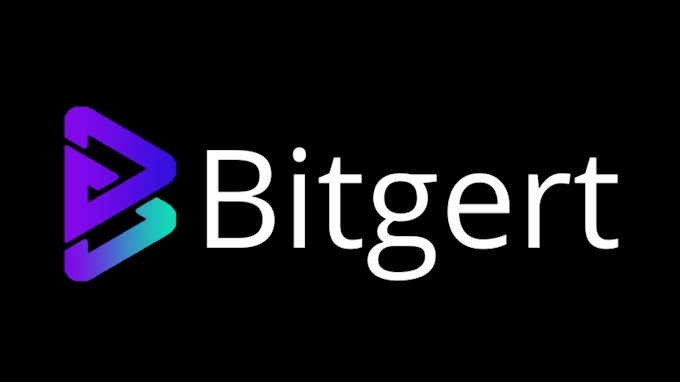As a player and investor of Play-to-Earn (P2E) games, a lot of avid fans and supporters will deny 100% that a P2E game is a Ponzi scheme, so first let's define what's a Ponzi scheme?
A Ponzi scheme (/ˈpɒnzi/, Italian: [ˈpontsi]) is a form of fraud that lures investors and pays profits to earlier investors with funds from more recent investors.[1] The scheme leads victims to believe that profits are coming from legitimate business activity (e.g., product sales or successful investments), and they remain unaware that other investors are the source of funds. A Ponzi scheme can maintain the illusion of a sustainable business as long as new investors contribute new funds, and as long as most of the investors do not demand full repayment and still believe in the non-existent assets they are purported to own. - Source: Wikipedia
If we're going to look at the original intent of legit game developers, definitely they created the game not to lure investors and to simply run away with their money, but to create a sustainable game that can generate profit from in-game rewards to real money, however, we can't deny that there are tons of top-performing games in the market that ended up rug pulling their own projects and running away with the money of their investors, we recently wrote an article about rug pull and how to avoid it from this post.
Now looking back at the possibility to earn while playing games, even before Cryptocurrency, this model already exists but illegally and not supported by most game developers, and here we are now with WEB3 and Metaverse powered by blockchain as its core, this is the answer to make play-to-earn "legal" in the game, but again this is not a new concept, a lot of gamers playing in a Massive Multiplayer Online Role-Playing Game (MMORPG) already had this model before, we ourselves started our earnings from Ragnarok Online, World of Warcraft, Priston Tale, Rising Force (RF) Online, Final Fantasy Online to name a few. Hence, we got hooked up with P2E NFT games as grinding in the game has already been part of our DNA. However, if we're going to look back, we played the game and even paid monthly subscriptions because we love playing the game, and earning out of it was just the icing on the cake, however, this is not the case for P2E, the majority of the players playing in P2E is NOT for the love of the game, but to earn money from the game --- hence scholars exist, or unless you are telling us now that scholars are willing to grind with zero incentive?
Going back to our argument, I would like to quote Paul Butler, a startup founder, and software consultant, "let's look at the nature of most P2E games, the game is supposedly decentralized as you own the NFTs and its token, but game developers are still able to block its token, NFT, etc., hence it is still centralized" and this is a loophole for the majority of the P2E games in the market, just like any pyramid scheme, the money is with the developers, hence they're able to rug pull the game. As for the money, where is it coming from? Unless they start doing heavy ads in the game and partnership from huge companies as another stream of income like Sandbox is doing now, but that's not the case for most, for a dollar coming in, there's a dollar coming out, hence with zero players, the economy dies as fast as it can as no money is coming in, and most players are liquidating it out --sadly people buying the dip acts as the liquidity exit for pioneers or early investors, hence it is like a Ponzi scheme with a layer of deniability.
So going back to our question, is the Play-to-Earn game a Ponzi scheme? Depending on the intent of the developer, it can be a Ponzi Scheme, unless the game developer goes beyond and make it a "real" game (not just click-to-earn) and find investors to monetize the game from ads, free-to-play, partnerships, etc., and creating a sustainable economy without relying on players to invest, deflation is also very important to have a sustainable economy instead of infinite minting, as infinite minting devalues most of the NFTs and it shows during bear market big time, but there are games like Omni Legends who implemented a minimum floor price based on the rarity of the NFT which still gives value to your NFT if you plan to sell it in the market despite the market condition and Faraland which limits the number of NFTs available in the game.
We believe that it's time for game developers to act and show a real-world solution to make P2E NFT games sustainable, and it starts with financial literacy, transparency, open communication, and creating a strong community as the core of its project. Are we bearish in P2E? Definitely not! Gaming is always part of our DNA and we are always bullish on any good games in the market, especially a good classic RPG game :)








0 Comments